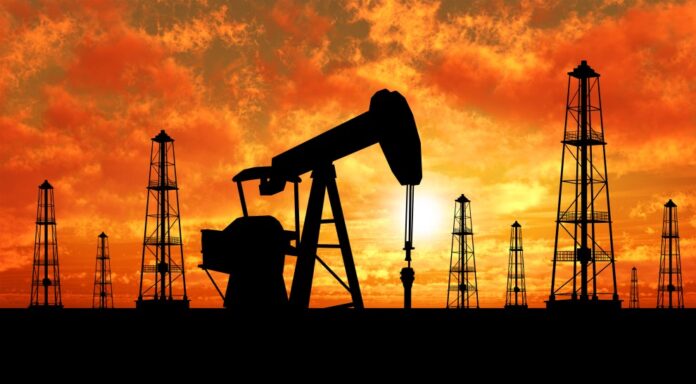Two Civil Society Organisations, Health of Mother Earth Foundation (HOMEF) and We the People advocated action by stakeholders on trend by oil firms to divest from onshore assets
In a statement issued by Ms Kome Odhomor, HOMEF’s Media/Communication Lead on Saturday, the two organisations recently facilitated a discourse by Niger Delta communities and civil society activists on the Petroleum Industry Act (PIA).
According to the statemwnt, the event provided an open space to discuss recent happenings around divestments, where the biggest oil companies in the Niger Delta are selling off their assets and going farther offshore.
It quoted Nnimmo Bassey, Director of HOMEF as stated that from the start, the business of oil extraction operated as a mix of corporate greed and state backed repression.
“While it is important that people living in locations where investors, governments or institutions carry out projects are consulted, in the Niger Delta, this has never been the case.
“The free, prior and informed consent of the people have never been sought or received. These relations of production have remained largely the same from pre-colonial to colonial and present neo-colonial times.
“Even in decisions regarding investments, development, or even infrastructural projects, there is wilful neglect and refusal to consult or engage the people in decision making processes.
“Projects are often thrown at communities even when they are not the priority needs of the people. Little wonder that the projects get abandoned during construction or are left to rot after completion,” Bassey said.
The statement noted that with over 1,481 wells, 275 flow stations, over 7,000 kilometres of oil/gas pipelines and over 120 gas flare furnaces, the Niger Delta is an ecological bomb.
It listed the region as one of the most polluted places in the world and called on the people of the region to rise and demand ecological justice.
The statement noted that Ken Henshaw of We the People reflected on the PIA and the new frenzied divestment moves by oil companies.
It quoted Henshaw as stating that while the PIA establishes a Host Communities development framework to transfer benefits to communities, it doesn’t however allow communities any decent participation in managing the fund.
The communities , Henshaw observed also lacks powers of determining who runs the trust.
“Oil companies are given overriding powers to manage the 3% of operational costs contributed to the trust in any manner they deem appropriate; as well as determine which communities qualify to be ‘hosts’.
“Similarly, the managers of the funds are not even required by the PIA to be from the host communities.
“In an outrageous demonstration of the criminalization of communities, the PIA says:
“Where in any year, an act of vandalism, sabotage or other civil unrest occurs that causes damage to petroleum and designated facilities or disrupts production activities within the host community, the community shall forfeit its entitlement to the extent of the cost of repairs of the damage that resulted from the activity with respect to the provisions of this Act within that financial year”
He observed that this provision stems directly from the erroneous view which has been peddled by oil companies that communities are responsible for sabotage on pipelines and oil theft.
“However, this view has been debunked by the NNPC and even the United Nations Environment Programme.
“Both blame equipment failure of spills. Criminalising oil producing communities in this regard is unfortunate and a smokescreen to shield oil companies from responsibility for the ongoing ecocide in the region.
“This provision will most likely result in consistent denial of benefits which would in turn engender regular conflicts,” Henshaw noted.
.
On gas flaring, the CSOs stated that while the PIA makes it illegal, it nonetheless creates a series of exemptions.
According to the group, the exemptions ensure that the same gas flare regime continues literarily unchecked, and empowers the government to give licenses to oil companies to flare.
“The PIA also does not state a definite date for ending gas flaring.
“Given the health and environmental challenges associated with gas flaring, this is an unfortunate onslaught on the ecology and health of the people of the region.
“Surprisingly, fines for gas flaring will not directly benefit communities that suffer the impacts.
“While sections 52 and 104 says that fines for flaring will be used for environmental and health remediation, it prescribes that such payments be made not to the host communities, but to an agency it establishes called the Midstream and Downstream Gas Infrastructure Fund.
“In actual fact, this Agency has no mandate or function related to environmental remediation.
“Evidently, the Act considers gas flaring a waste of economic resources which should be paid for, and not an abuse which is impacting the climate, the health and livelihoods of communities,” the statement read in part.




